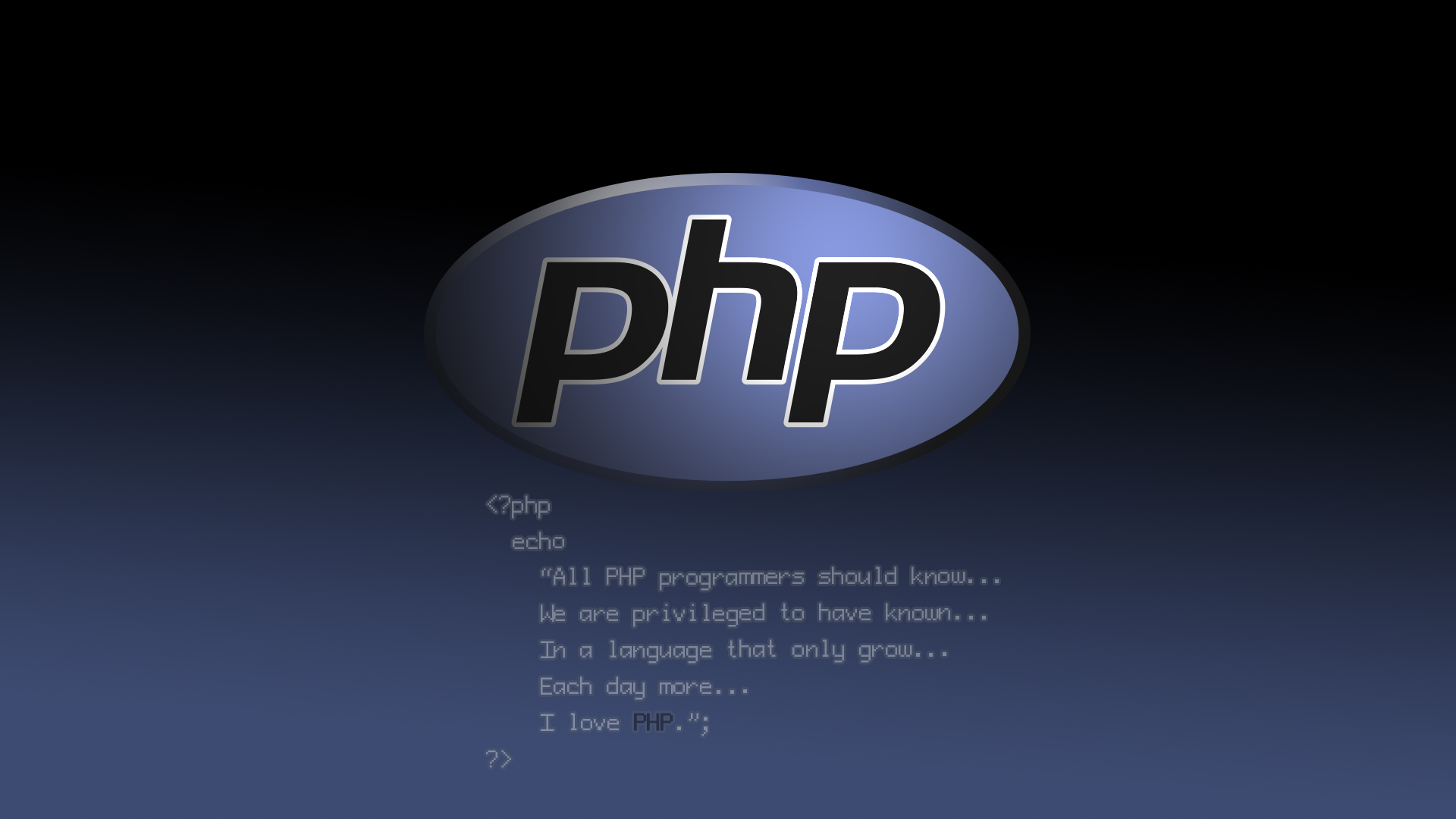PHP – 8.0 Match Expression
In PHP 8.0 there is a new feature or I should say a new language construct (keyword) going to be introduced, which has been implemented depending on the following RFC.
This
RFCproposes adding a newmatchexpression that is similar toswitchbut with safer semantics and the ability to return values.
Let’s see an example using switch :
switch (1) {
case 0:
$result = 'Foo';
break;
case 1:
$result = 'Bar';
break;
case 2:
$result = 'Baz';
break;
}
echo $result; // BarThe same thing could be achieved using the new match expression using something like the following:
$result = match (1) {
0 => 'Foo',
1 => 'Bar',
2 => 'Baz',
};
echo $result; // BarIt looks like almost same but there is a lot of improvements in the new match expression. The one obvious difference is that, a match expression returns a (matched) value, which you might already have noticed.
Also it doesn’t require an explicit break but in switch, each case must use an explicit break to break out of the switch statement or the execution will continue into the next case even if the condition is not met. The match expression uses an implicit break after every arm.
Also multiple conditions could be used using comma, for example:
echo match ($x) {
1, 2 => 'Same for 1 and 2',
3, 4 => 'Same for 3 and 4',
};The match expression throws an UnhandledMatchError if the condition isn’t met for any of the arms. For example:
$result = match ($operator) {
BinaryOperator::ADD => $lhs + $rhs,
};
// Throws when $operator is BinaryOperator::SUBTRACTBackward Incompatible Changes
Since, the match was added as a keyword, which means it can’t be used in the following contexts anymore:
- namespaces
- class names
- function names
- global constants
Note that it will continue to work in method names and class constants.
Well, these are some examples of new match expression and most of the examples were taken from the RFC page. There are more to learn about it so please visit the RFC page to explore it.
In my opinion, this is a very useful feature added to the PHP which will allow to write less error prone code with less typing and also it’ll be more clean and readable.




